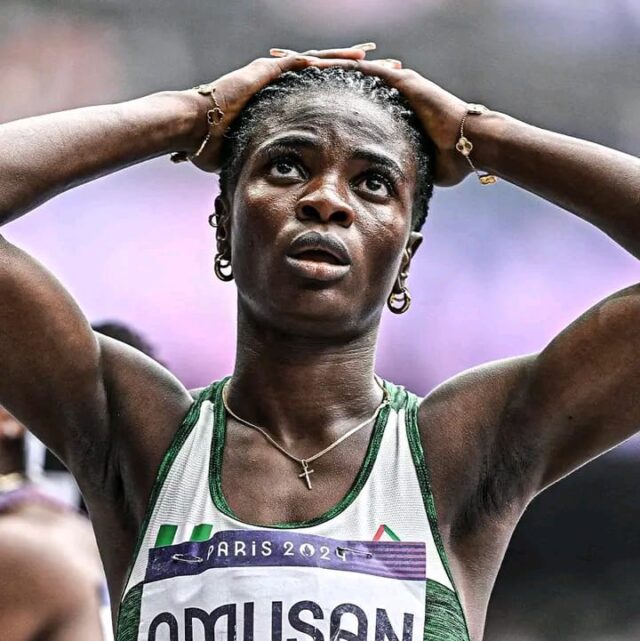Once again, Nigeria has returned from the Olympics without a single medal to its name. The 2024 Paris Games were expected to be a turning point, but instead, they became another painful reminder of the nation’s shortcomings. How a country of over 200 million people can fail to secure even one gold, silver, or bronze medal is both shocking and telling. It highlights the deeper systemic issues that plague the country—issues that are not confined to sports alone.
The dismal performance of Nigerian athletes in Paris was not just a case of bad luck or poor form. Rather, it was a direct consequence of the lack of investment in the necessary infrastructure and training programs that would allow athletes to compete at the highest level. As Ayo Akinfe observed, “Watching our athletes as they repeatedly failed in Paris, it was clear they had not put the hours of training in. I remember watching the cycling and rowing events and noticing that the Team Nigeria representatives were some two classes behind the rest of the field.”
The reality is that our athletes simply did not have the resources to prepare adequately for the Games. Unlike their counterparts in the West, who benefit from private sponsorships or national lottery funds, Nigerian athletes are left to fend for themselves. This lack of support reflects a broader issue within the nation: the belief that the private sector can replace the role of the state in financing public goods.
The contrast between Nigeria and countries like China, which topped the medals table in Paris, could not be starker. China’s success is built on a state-sponsored program where athletes are effectively civil servants, paid to train and compete. Nigeria’s over-reliance on private sector investment has proven to be a failure. As Akinfe argues, “In the 1980s and 1990s, Nigeria dismantled a lot of her state structures under the unfortunate Structural Adjustment Programme. Today, we are living with the effects of that lie.”
If Nigeria is serious about changing its fortunes on the global stage, there must be a paradigm shift in how sports are funded and managed. Each of Nigeria’s 36 states needs to establish comprehensive sports programs, with state-backed funding as the backbone. Only then can we hope to see Nigerian athletes standing proudly on the podium at future Olympic Games.









